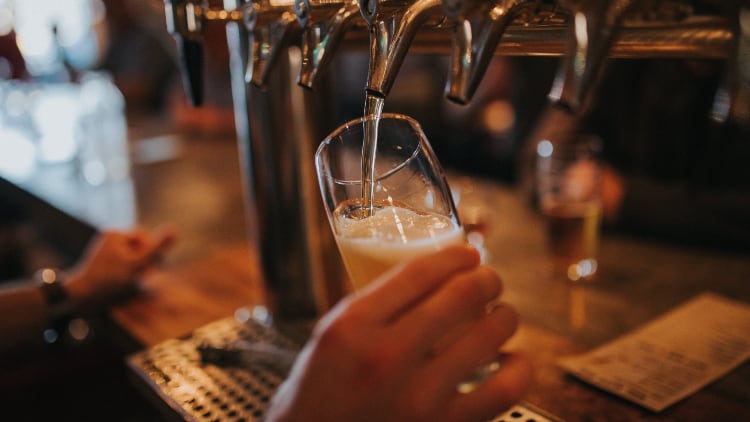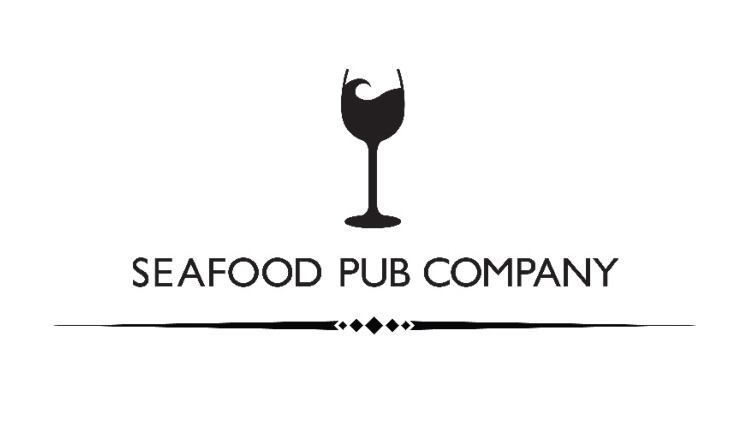Born out of the success of both Capital Pub Co and City Pub Group (East and West), Mosaic Pub & Dining, is the latest EIS pub sector success story. Led by joint chief executives James Watson - brother to Clive - and Peter McDonald, the business’ record combined raise of £42m has shown there is certainly still the appetite for pub investment opportunities.
McDonald, who had been operations manager at Capital when it was sold to Greene King in 2011, had stayed on at the new owners until the call he had been expecting came through. “Clive came to me and asked if I wanted to set up another pub company to run alongside City Pubs as a separate business. He then prepared the IM and went out to investors to see what the appetite was like,” he told MCA.
Watson, who had been financial director at City Pubs came on board, with the initial plan to set up five companies and raise £15m per company – the maximum possible through an EIS scheme per year. In the end set up three companies of £5m each (tranche one), with its first pub, The Garrison in Bermondsey, open and trading from June 2015.
Tightened rules
But when it came raising further funds, the rules around the formation of EIS companies been restricted, says Watson. There were concerns about whether there was still the appetite for these kinds of investments, so the criteria had narrowed to only operating sites that were run down, or not even pubs to begin with, he explains. Turns out this didn’t put anyone off, with tranche two raising twice as much as the first. “We were pleased with that, and to have the confidence of investors,” says Watson.
The six different operating companies, all named after hops (Galaxy, Pioneer, Sovereign, Liberty, Phoenix and Summit), have no brand identity as such and all fall under the brand banner of Mosaic.
While Clive, whose role is as an investment consultant, offers guidance – “when we find new sites, we get his opinion; he has never said no” says McDonald – the company is very much run by himself and Watson, with City Pub Group co-founder David Bruce serving as non-executive chairman.
More entrepreneurial
Maintaining its EIS compliance is a key focus for the business, says Watson, and while tightening rules may not necessarily be a good thing, it has almost forced them to be a bit more entrepreneurial. “Before the changes you could buy a site that was already trading well, so we have had to change direction,” says McDonald. “We have taken on a lot of shells, including an old fire station, as well as lots of closed pubs. We have to reinvent sites, and we don’t always get them right.”
If Mosaic went out to the market again, they’d have to contend with even further restrictions. “We couldn’t even get freehold backing, it would have to be leasehold,” says Watson, who admits that one of its hopes, if the UK comes out of the European Union is that the church would broaden again in terms of EIS rules.
Unprecedented expansion
The company is currently trading from 27 sites, with several more in the pipeline, and achieved double-digit turnover growth across both tranches for the year to end March 2019. There are two sites it is close to exchanging on in London, with a further Birmingham site also on the cards.
McDonald describes their recent rate of expansion as “unprecedented”, and while the pair are keen to continue grow the business in terms of scale, they admit that it wouldn’t be sensible to continue motoring on at quite the same rapid rate of knots.
“It has been fun, but incredibly difficult. This year is more about consolidation and getting all our ducks in a row,” he says. Recent acquisitions have included The Admiral Hardy in Greenwich, The Jam Circus from Antic (now trading as Crofton Park Tavern), and The Royal Oak in New Malden from Greene King. In addition, the business acquired three Balls Brothers sites from Novus Bars in August.
City institution
The venues, in Minster Exchange, Austin Friars and Shoe Lane mark Mosaic’s first foray into the City. At the moment the pair are undecided about their specific plans for those sites, but they are erring on the side of keeping the brand, due to the history of it and the fact it is “a city institution”, but for the moment it’s about understanding the business and what would work best for those locations.
In terms of its current geographic spread, Mosaic is predominately based in London, with seven sites in Birmingham, and a handful of locations in Cheltenham, Warwick and Kent. And it is looking to keep to those areas in terms of future growth.
The business positions itself at the premium end of the market – so discounting is out – and it is keen to really drive the service element forwards. For Watson he says he would personally remember the level of service over the quality of the meal, so it’s an important focus for the business.
Targeted offering
There is no cookie-cutter style formula for the design of its pubs, or even its food and drink menu – each is pretty different, says McDonald. While this might not make it the most efficient in terms of economies of scale, it enables them to really target their offering dependent on location. At the scale the business is currently, it is nimble, says McDonald: “If things aren’t working then we can change them.”
Mosaic has installed special fridges for dry-aging meat in five of its sites – which it may look to introduce at some of the Balls Brothers sites – mainly for different beef cuts such as sirloins and cote de boeufs but also whole ducks, and it has even produced its own pastrami. “We are always trying to do something a little bit different,” says McDonald.
Tasting evenings
The business is also keen to push innovation on the drinks side of things. It has its own brewery at Battersea Power Station and is looking to expand the footprint of its Battersea lager further into South West London. While in Birmingham it has its own gin distillery, which produces Roundhouse Gin. “We are looking at some partnerships to push that harder,” adds McDonald.
And not forgetting the experiential side of things, Mosaic hosts whiskey and wine tasting evenings, and is considering the potential for darts and shuffleboard at larger sites. In fact, it already has one space dedicated to darts – The 180 Club, which is located downstairs at The Rectory Pub in Birmingham, features six lanes and offers New York style food and sharing cocktails.
Looking to the future, Watson admits that the investment money it has raised over the past four years “has been spent”. He says Mosaic is keeping tight on the amount it is leveraging. “It is sensible for us to make sure our house is in spick and span order,” he adds, not ruling out further raises. “We are open to keep growing the business, but we want to maintain the culture,” says McDonald.
Alongside a planned slowdown in openings, the pair are keen to use that time to develop the business internally – especially on the training side of things, in order to boost retention rates, with kitchen staff a particular focus. “There are various ways of incentivising people and it’s not always about money,” says Watson. “It’s about making them feel special.” The business also took on a dedicated recruiter last year, which he says he been a massive boost.
While the current economic climate, and cost pressures like the National Living Wage and business rates, are posing challenges – as they are for so many businesses –, Watson and McDonald are optimistic about the opportunities, particularly in terms of the location of their sites, with London continuing to demonstrate “incredible resolve” and Birmingham set to benefit from massive infrastructure projects such as HS2: “We couldn’t imagine being in any other sector – we are just enjoying the ride.”




